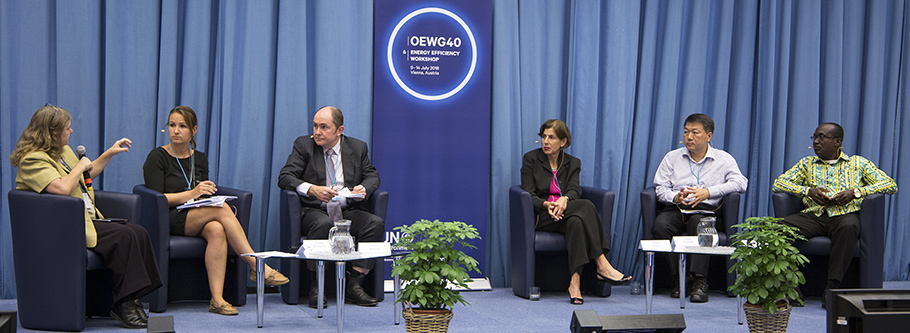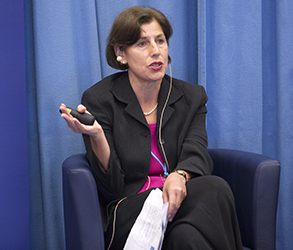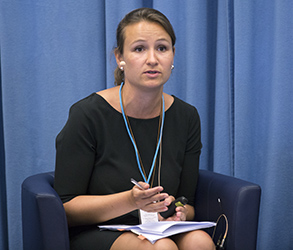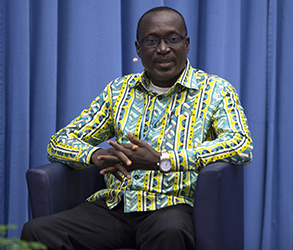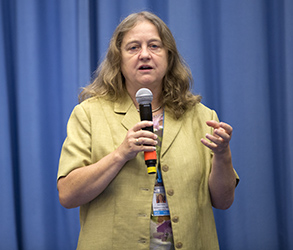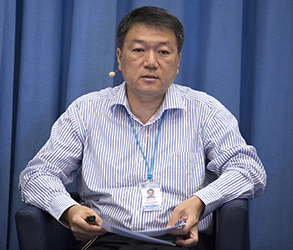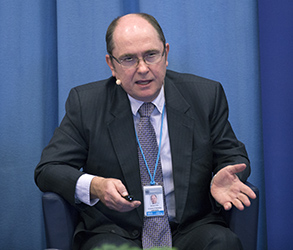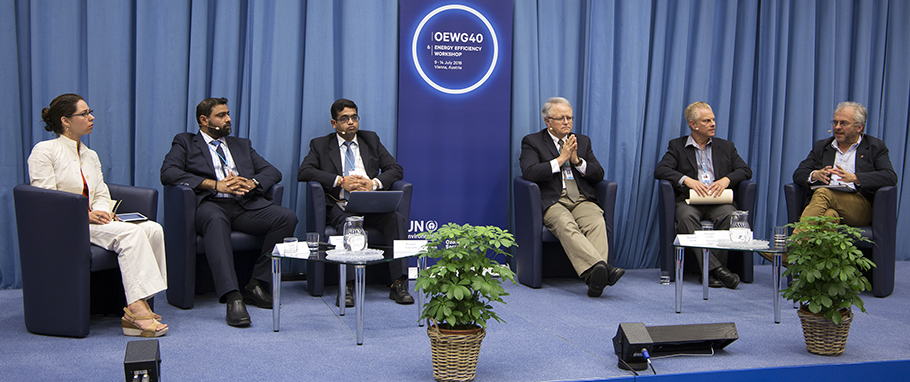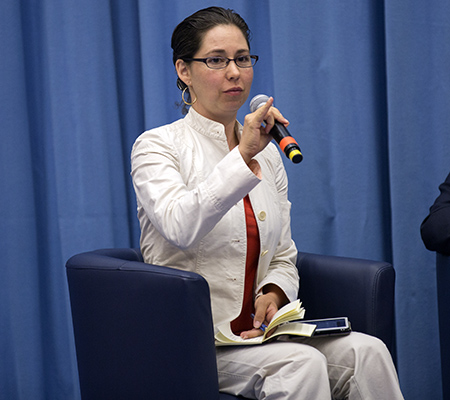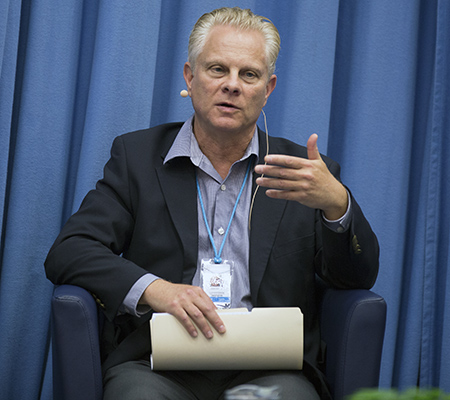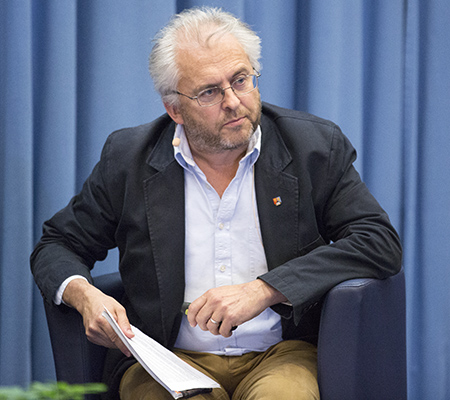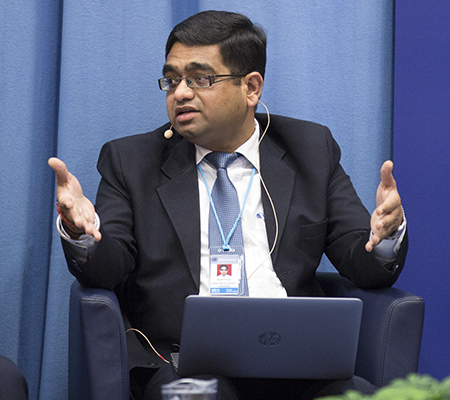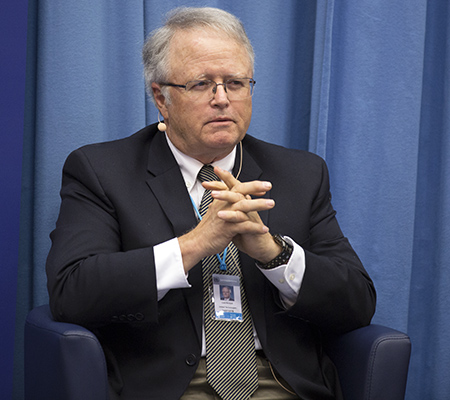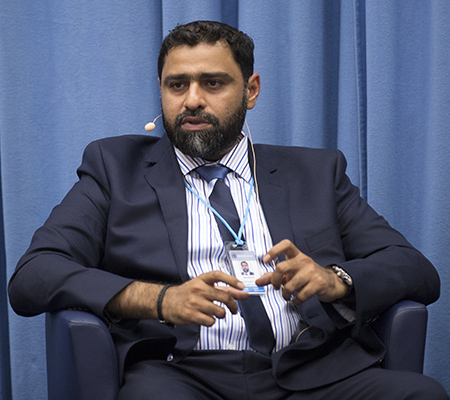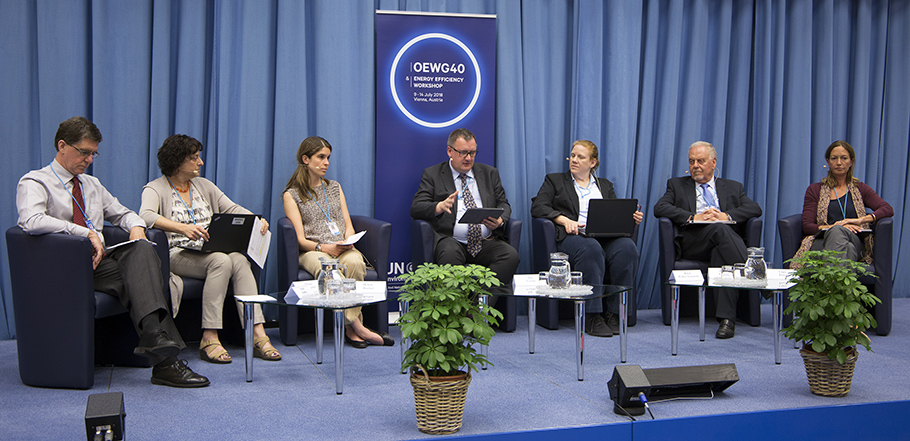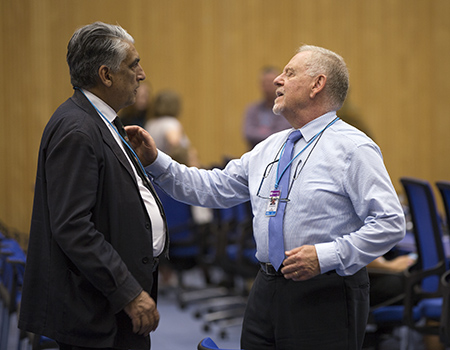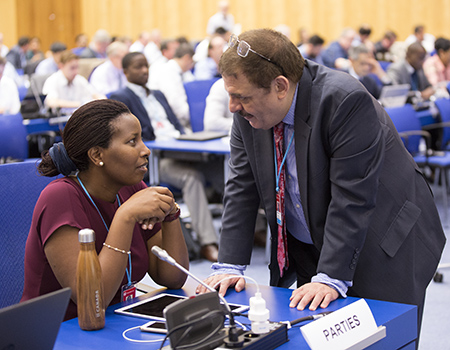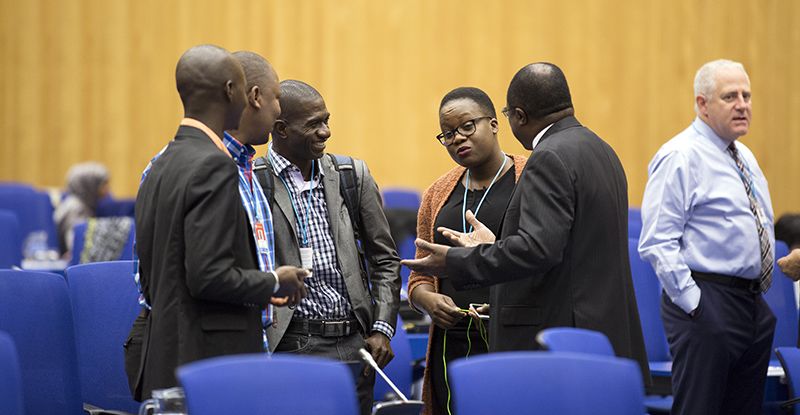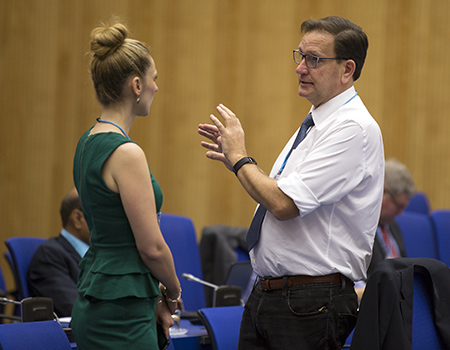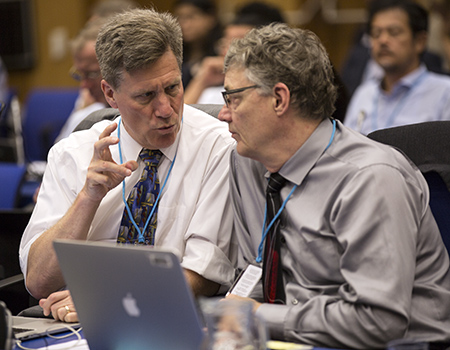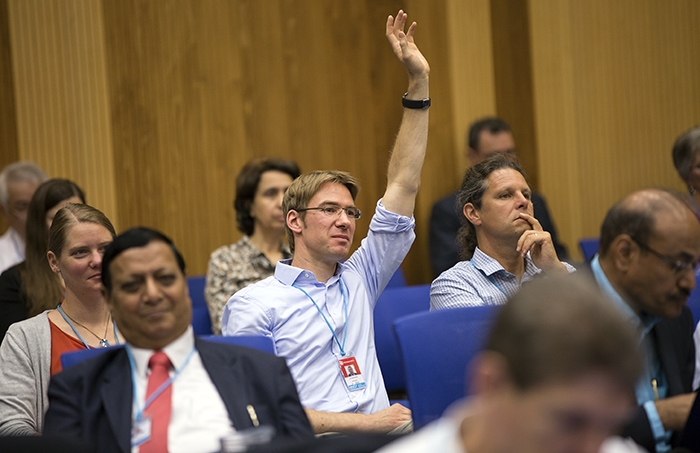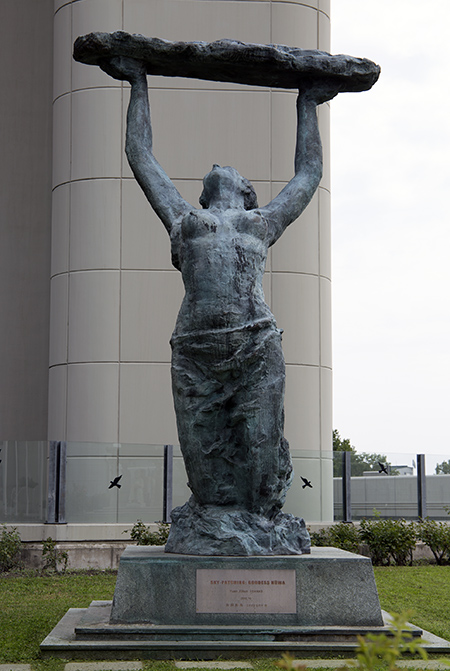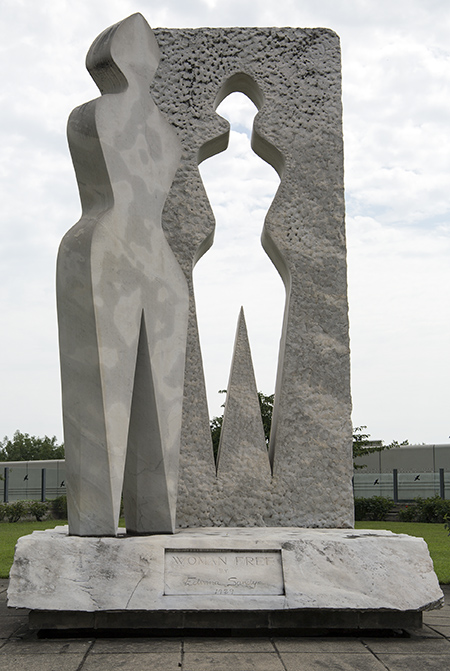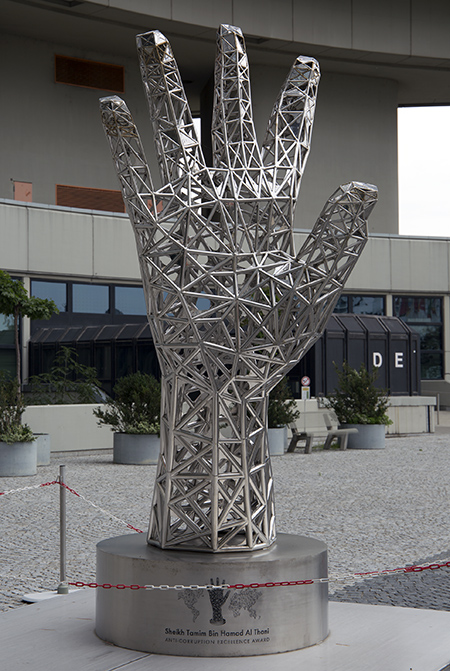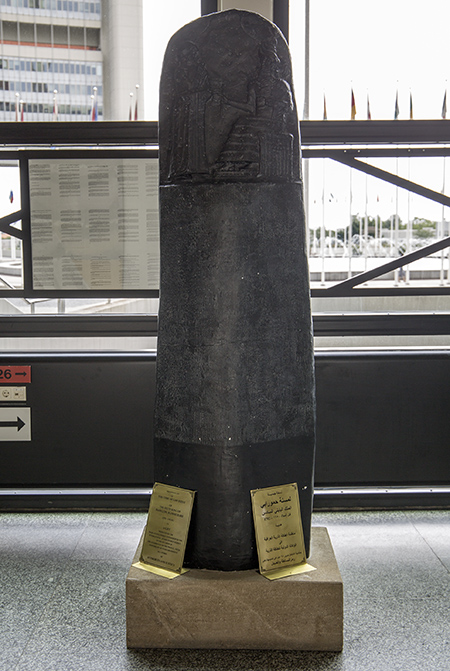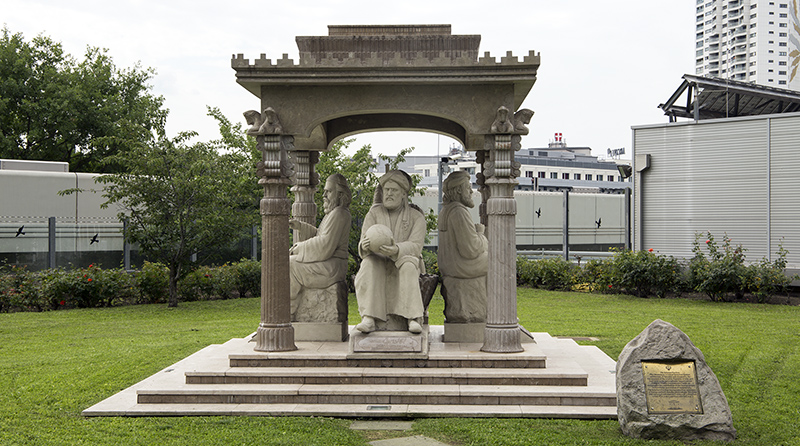Summary
The workshop on Energy Efficiency Opportunities While Phasing-Down Hydrofluorocarbons (HFCs) continued and concluded on Tuesday, 10 July 2018, at the United Nations Office in Vienna, Austria.
Participants heard presentations and engaged in discussions during two sessions on:
- policies for improving the energy efficiency of small refrigeration, air-conditioning, and heat-pump (RACHP) appliances; and
- policies for improving the energy efficiency of RACHP systems in commercial buildings, industry, and urban environments.
In the afternoon, the workshop rapporteurs summarized key messages from their respective sessions. These include:
- utilizing the technical potential to improve efficiency and overcoming the lack of uptake by consumers requires financial support and consumer outreach;
- monitoring energy consumption is important and energy management systems can forecast future energy demand and energy efficiency opportunities;
- monitoring leaks as well as design and maintenance practices are critical for improving energy efficiency; and
- harmonizing measurement methods is required to improve the collection of data on energy efficiency.
The conclusions of the workshop will be presented to the 40th Meeting of the Open-Ended Working Group (OEWG 40), which opens on Wednesday, 11 July. As Ozone Secretariat Executive Secretary Tina Birmpili explained, "energy efficiency is relatively new to the process and it is up to parties to decide on how to take this matter forward." OEWG 40 will also consider the 2018 Technology and Economic Assessment Panel (TEAP) report, including a task force report specifically on issues related to energy efficiency while phasing down HFCs.
IISD Reporting Services, through its Earth Negotiations Bulletin (ENB) Meeting Coverage, has providing daily digital coverage and a summary and analysis from OEWG 40.
Photos by IISD/ENB | Mike Muzurakis
For photo reprint permissions, please follow instructions at our Attribution Regulations for Meeting Photo Usage Page.
Session V: Policies for Improving the Energy Efficiency of Small RACHP Appliances
From L-R: Melanie Slade, International Energy Agency (IEA); Veerle Beelaerts, Directorate General for Energy, EU; Chris Dunstan, Institute for Sustainable Futures, Australia; Maria Vargas, Energy Star, US; Cheng Jianhong, China National Institute of Standardization; and Kofi Agyarko, Energy Commission, Ghana
Maria Vargas, Energy Star, US
Veerle Beelaerts, Directorate General for Energy, EU
Kofi Agyarko, Energy Commission, Ghana
Melanie Slade, IEA
Cheng Jianhong, China National Institute of Standardization
Chris Dunstan, Institute for Sustainable Futures, Australia
Session VI: Policies for Improving the Energy Efficiency of RACHP Systems in Commercial Buildings, Industry and Urban Environments
From L-R: Gabby Dreyfus, Kigali Cooling Efficiency Programme; Afif Harhara, Tabreed, UAE; Saurabh Kumar, Energy Efficiency Services Limited, India; Richard Lord, Carrier Corp. / United Technologies Corp., US; Howard Geller, Southwest Energy Efficiency Project, US; and Toby Peters, University of Birmingham, UK
Gabby Dreyfus, Kigali Cooling Efficiency Programme
Howard Geller, Southwest Energy Efficiency Project, US
Toby Peters, University of Birmingham, UK
Saurabh Kumar, Energy Efficiency Services Limited, India
Richard Lord, Carrier Corp. / United Technologies Corp., US
Afif Harhara, Tabreed, UAE
Rapporteurs summarizing the workshop's sessions
Around the Meeting
Husamuddin Ahmadzai, Sweden, with Bassam Elassaad, TEAP
Juliet Kabera, Rwanda, and Taha Mohammed Zatari, Saudi Arabia
Around the Venue
Sky-patching Goddess Nüwa, Yuan Xikun
Woman Free, Edwina Sandys
Sheikh Tamin Bin Hamad Al Thani Anti-Corruption Excellence Award
The Code of Hammurabi
The Scholars Pavilion
